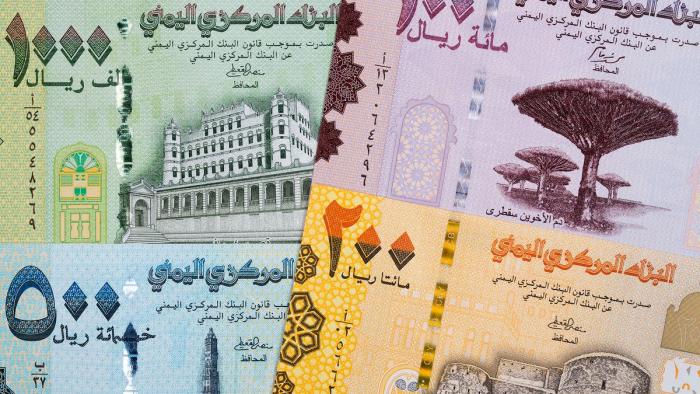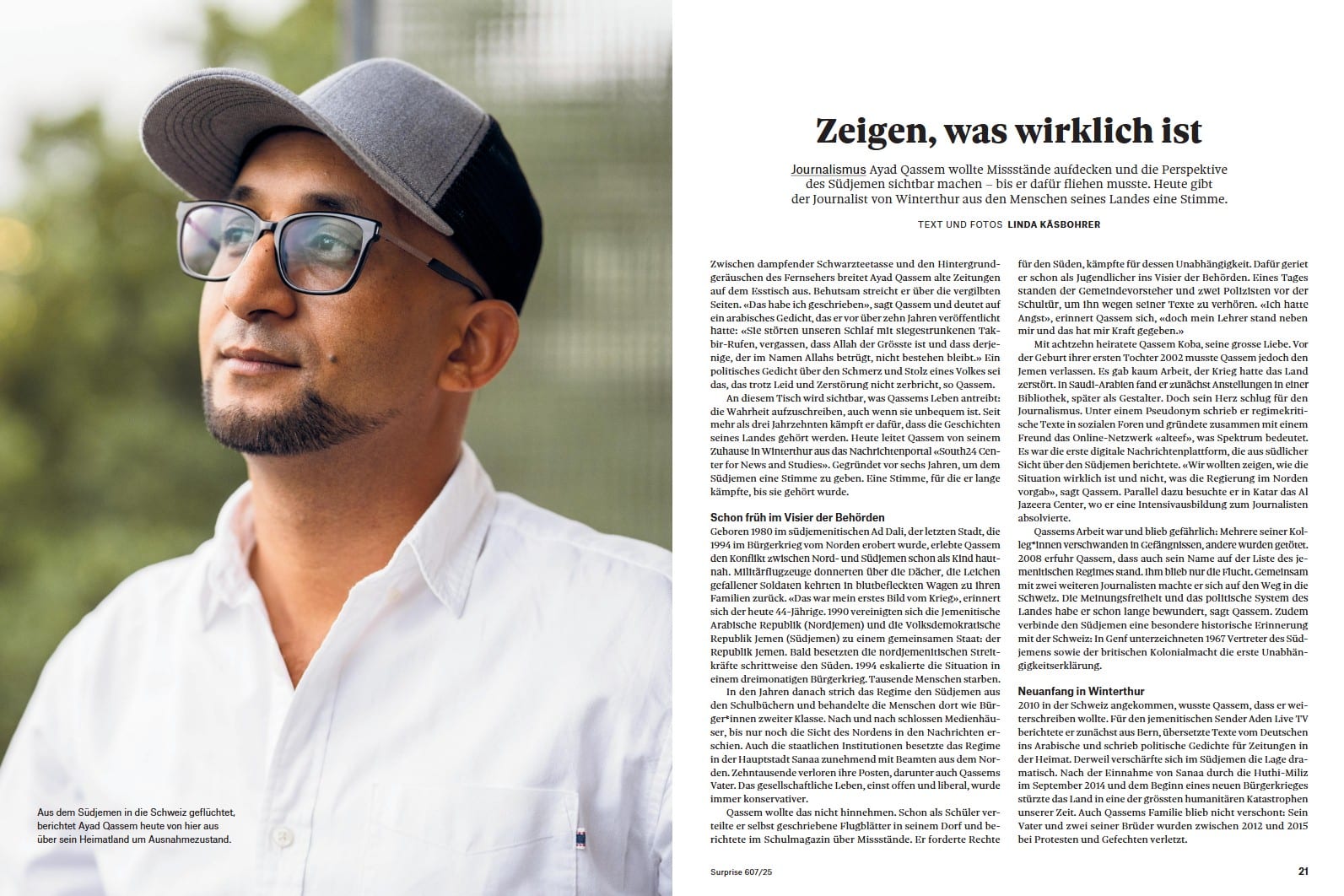
آخر تحديث في: 10-08-2021 الساعة 12 مساءً بتوقيت عدن
South24 | Aden
Today, a meeting of economic bodies and financial institutions in South Yemen approved a package of practical measures to limit the deterioration of the local currency in the areas under the control of the STC and the Yemeni government.
According to STC's media, the "important" meeting witnessed the participation of the STC's president, Aidrous Al-Zubaidi, the STC's Economic Committee, the Yemeni Exchangers Association and directors of commercial banks in Aden.
It agreed to make a daily (5) riyals reduction as of August 10, with the aim of reaching, within five days, the level of (240) for the Saudi Riyal purchase price against the Yemeni Riyal, and to (242) for the selling price, as well as following up “reducing the exchange rate against foreign currencies until touching actual price".
According to a press statement, published on the official website of the STC, "It was agreed that the security authorities will follow up and monitor the exchange market, as well as taking the necessary measures against violators."
The Yemeni riyal witnessed an unprecedented historical collapse, as the price of one dollar reached 1060 riyals in Monday's trading, according to local media.
Economists and international organizations warned of the continued collapse of the local currency, and its consequences for the deteriorating living and service situation of citizens, who are approaching the stage of starvation.
A number of angry demonstrations took place in the cities of South Yemen during the past days to protest against the collapse of living and economic conditions.
The official website of the STC said that it was agreed to form a "Payments Committee" that includes the Chamber of Commerce and representatives from the Supreme Economic Committee of the STC, the Yemeni Exchangers Association and commercial banks. "With the necessary commitment of bank branches and exchange shops not to transfer or move foreign currency to areas under the control of the Houthi militia"
The website said that it was agreed to allow internal transfers from liberated areas to non-liberated areas with a limit of $2000 per client, provided that strict punitive measures will be taken against violators, including "fines, imprisonment and closure."
It was also agreed to prevent buying and selling between money exchangers among, each other and banks with each other, and to allow daily sales only within the limits of (100,000) Saudi riyals or its equivalent to merchants, according to the statement.
It is not clear whether these measures will actually reduce the collapse of the currency or revive it.
Al-Zubaidi said that "the government's corruption, its failure to perform its assigned duties, and its failure to return to the capital, Aden, are the main reasons behind the historical deterioration of the economic situation." The government has not commented on these accusations.
Yasser Al-Yafei, the economic researcher and PhD student at the University of Aden, told South24" that these measures are not enough to stop the collapse of the Yemeni riyal.
"The political instability and the absence of the government's role was reflected in the performance of the Central Bank and the Ministry of Finance, who are concerned with developing monetary and financial solutions to stop the collapse of the Yemeni riyal and bring about economic stability," Al-Yafei said.
Al-Yafei believed that "the real remedies start with the government playing the role entrusted to it by supplying revenues from Shabwa and Hadramaut oil sales to the Central Bank, and activating the work of the Ministry of Finance and the Central Bank." In addition, Al-Yafei said that among these solutions, "the Coalition pumped a new deposit that would enable the Central Bank to provide hard currency to the market to meet the needs of imports from abroad."
Yemen has witnessed a civil war for the 7th year in a row, after the Iranian-backed Houthis took control of the Yemeni capital, Sanaa, and most of North Yemen, and as a result, a Saudi-led coalition intervened militarily.
Photo: Al-Arabiya

قبل 3 أشهر

قبل 3 أشهر